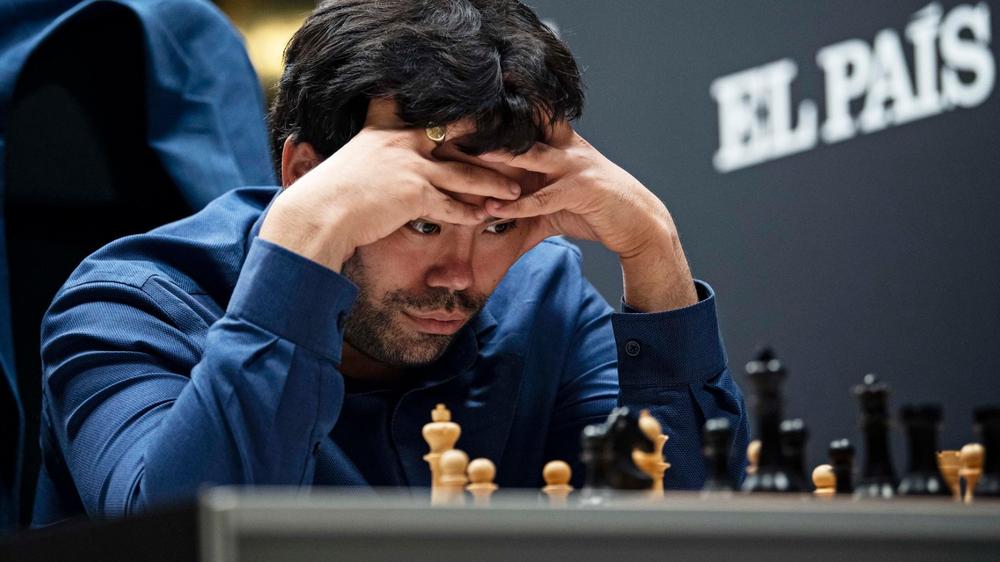The International Chess Federation (FIDE) has introduced a sweeping change to its rating system, one that’s already sparking fury from grandmasters who accuse the governing body of “stealing” points from their records.
Starting October 1, FIDE removed the long-standing “400-point rule” for players rated above 2650. Previously, if a grandmaster was more than 400 rating points higher than their opponent, the system capped the gap. That allowed elite chess players to still pick up at least 0.8 rating points per win, even against much weaker opposition.
As Chess.com explains, under the new rule, the full rating gap will be applied. For top-rated players, that means their expected score can now be as high as 99–100%. In practice, beating a much lower-rated opponent could earn them virtually nothing, sometimes just 0.1 points, or even zero. But a draw or a loss would be brutally punishing.
FIDE says the change was made to prevent “farming”, where elite players pad their ratings in open events with lower-rated competition.
Hikaru “triggered” the change
The rule switch came in the wake of GM Hikaru Nakamura’s run at smaller US events like the Iowa Open and Louisiana State Championship, where he gained nine rating points from wins against players rated as low as 1800.
FIDE CEO Emil Sutovsky admitted Nakamura “triggered” the debate but insisted the change wasn’t about him.
“We found at least five other 2650+ players who, in 2024–25, regularly abused the 400-point rule,” Sutovsky said.
ELO change sparks backlash from the chess world
The decision has divided the chess community. Popular YouTuber and IM Levy Rozman, better known as GothamChess, warned that the change could make it harder for ambitious players to break into the elite.
“This is a big problem because in the chess world, tournaments are invitation only,” Rozman said. “To make it to the invitation list, how do you do that? How do you gain all that rating? How do you get to 2760 FIDE if you are now not incentivized to play regular open tournaments in your home country, for example?”
GM Hans Niemann argued that rating decay would have been a better fix, claiming the current system allows top players to sit on their ratings while blocking rising stars.
Others were far harsher. GMs Oleksandr Bortnyk and Daniel Naroditsky, who often compete in local Charlotte chess club tournaments, accused FIDE of “stealing” their ratings outright. “FIDE JUST STOLE MY RATING! How can they go back in time and take all my ratings? Absurd!” Bortnyk fumed on social media.
“Documenting this achievement with another case; not every day does the International Chess Federation solve the mystery of time travel,” joked Naroditsky, who retweeted Bortnyk’s claims.
Retroactive mess
FIDE denied the “theft” allegations, blaming the confusion on a technical error tied to a 2024 rule change that hadn’t been properly implemented. “FIDE never applies the rules retroactively,” Sutovsky said, calling it a miscalculation rather than a reversal.
Not everyone bought the explanation. “This is literally the definition of retroactive,” GM David Howell countered.
With the rule taking effect immediately, top-level players now face a risk-reward imbalance in open events: negligible gains for wins but catastrophic drops for slip-ups. That could discourage grandmasters from competing outside elite invitationals, making the already closed world of top chess even harder to break into.
Whether this stabilizes ratings or fractures the ecosystem further remains to be seen, but one thing is clear: FIDE’s latest move has put the ELO system itself back under the microscope.

 Porsche’s electric Cayenne has so much screen they had to bend it
Porsche’s electric Cayenne has so much screen they had to bend it